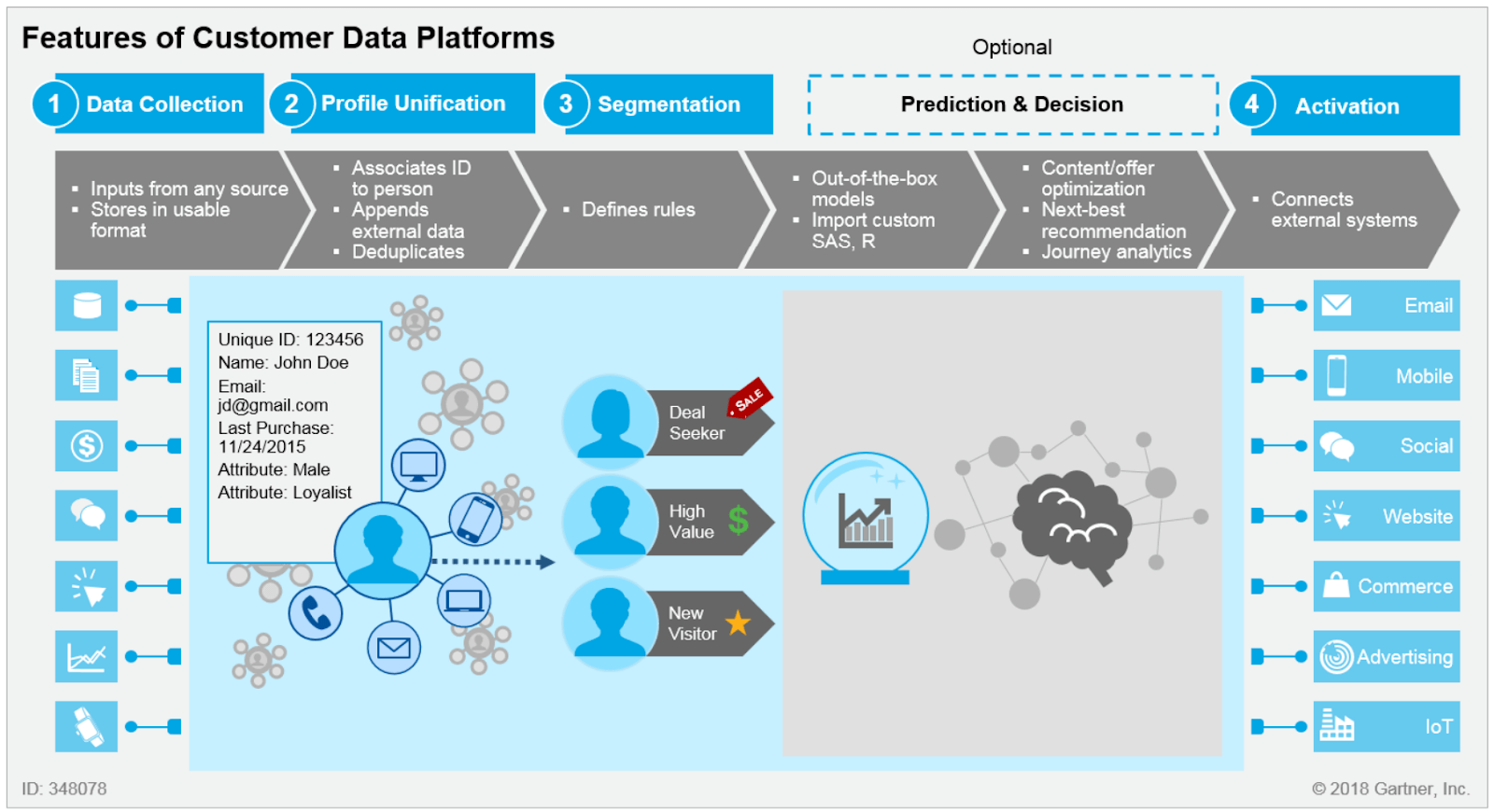
Big data refers to data sets so large and complex that it’s difficult to process and analyze them using traditional data management tools.
NB: This is an article from Revinate
The term encompasses a wide array of data types, including structured and unstructured data, and it’s available like never before in terms of its volume, variety, and velocity.
Subscribe to our weekly newsletter and stay up to date
Volume: by 2025, it is estimated that 463 exabytes of data will be created each day globally. That’s enough to fill over 200 million DVDs.
Variety: big data comes from multiple touchpoints, meaning data is coming from many different sources and points of interaction.
Velocity: big data changes quickly, because new data is constantly being created and consumed.
The evolution of big data
The shift from analog to digital data collection has been transformative for businesses. In the analog era, handwritten and paper-based records were standard, making data retrieval and analysis a time-intensive hassle.
With the advent of the digital age, however, we entered a realm of seamless information capture, where every customer interaction is effortlessly recorded. This shift has empowered industries like hospitality to tap into data for enhancing the guest experience and optimizing business strategies
How big data works

Source: Gartner
To work with big data, you need the right tools — namely, a Customer Data Platform (CDP).
Businesses collect big data from multiple sources, primarily revolving around customer interactions — both in person and digitally. To make the most of this data, businesses integrate and unify it within a data platform that employs sophisticated analytics tools and algorithms, allowing them to extract valuable insights, patterns, and trends.
This information guides strategic, data-driven decision-making to improve operations and boost business growth. It helps organizations personalize customer experiences, communicating with them via their preferred channels. And it helps businesses stay competitive by enabling predictive analysis that helps them successfully adapt to strategies in anticipation of future developments.
What hoteliers need to know about big data
Big data for hotels refers specifically to the collection of guest-related information, typically obtained through zero-party and first-party data sources, such as reservations, check-ins, social media, online reviews, preferences, and even website interactions. This data includes demographics, booking patterns, guest behaviors, interests, and more. And it’s game-changing for hospitality businesses that use it effectively, helping you drive revenue and stay ahead of the fierce competition in today’s market.
How big data drives hotel revenue
One of the more significant benefits of big data analytics is the enhancement of revenue management. By analyzing your comprehensive price dataset and database of historical booking trends, you can fine-tune your pricing strategies, dynamically adjusting room rates to maximize occupancy, boost average daily rate (ADR), increase revenue per available room (RevPAR), and ultimately drive profit.






